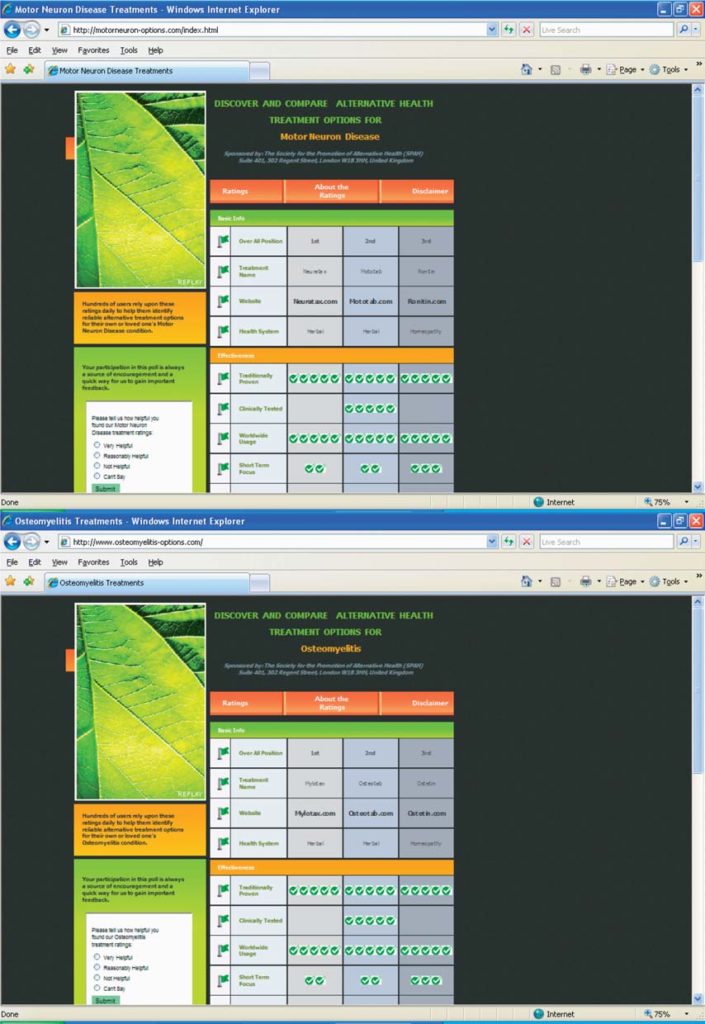Mitochondrial dysfunction, glutamate excitotoxicity, and oxidative stress have all been implicated in ALS pathogenesis, and targeting these mechanisms individually or by a cocktail such as the Deanna Protocol could play a role in future ALS therapies. However, many of the preclinical and animal studies related to these pathways have not translated into successful treatments in patients with ALS. While there are anecdotal reports of improvements in patients with ALS on the Deanna Protocol, there is no convincing objective evidence of benefit yet. Thus, at this time, ALSUntangled does not recommend the Deanna Protocol to patients with ALS.
Before it can be recommended, a reproducible version of the Deanna Protocol should be shown to influence plausible physiologic mechanisms such as central nervous system ketone bodies, as well as clinically meaningful outcome measures such as ALSFRS-R and FVC in patients with ALS.
